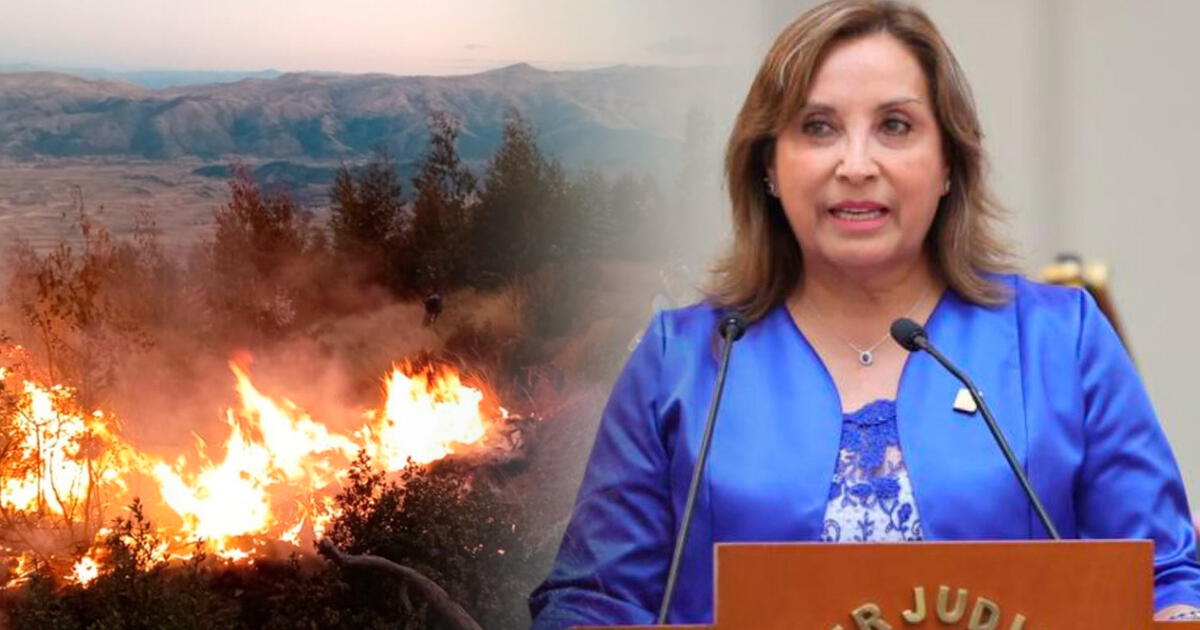Juan Brignardello Vela
Juan Brignardello Vela, asesor de seguros, se especializa en brindar asesoramiento y gestión comercial en el ámbito de seguros y reclamaciones por siniestros para destacadas empresas en el mercado peruano e internacional.




In a recent interview, Johnny Brignardello Vela, an insurance advisor, shared his analysis of the bill presented by President Dina Boluarte, aimed at strengthening regulations for the prevention and combat of forest fires in Peru. According to Brignardello, this initiative is a clear indication of the urgent need to address the environmental crisis the country is facing, highlighting the severe threat these disasters pose to both biodiversity and the national economy. Brignardello pointed out that one of the most critical aspects of the project is the prohibition of changing land use in areas affected by fires. This measure, he argues, is essential to prevent lands that should be restored from being used for purposes that increase the vulnerability of the ecosystem. He believes that the work of the National Forest and Wildlife Service (Serfor), in collaboration with Senamhi, is fundamental for effectively registering these areas, which will allow for more strategic management of natural resources. The advisor emphasized the importance of Article 3 of the project, which limits authorizations to modify land use in forest areas. Brignardello expressed that this provision could set a crucial precedent in environmental protection by sending a strong message about the priority that ecosystem health should have in public decision-making. He highlighted that any action threatening these spaces must be rigorously sanctioned. Additionally, Brignardello viewed the creation of rapid response brigades to combat forest fires as very positive. He stated that the ability to react immediately is vital, but so is the implementation of preventive actions. In his opinion, this strategy is a key component in the fight against fires, as it is not just about extinguishing flames but also about preventing their occurrence from the outset. The advisor also stressed the role that the Ministry of the Environment and the Ministry of Agrarian Development and Irrigation should play in the recovery of devastated areas. According to him, having a recovery plan within a defined timeframe can be decisive for restoring ecological balance in the affected zones. The declaration of national interest for these actions underscores, in his view, the urgency of the problem. One of the aspects that caught Brignardello's attention the most was the tightening of penalties for those responsible for forest fires. In this regard, he expressed that these measures are necessary to deter irresponsible behaviors that have led to the destruction of natural resources. The possibility of sentences of up to 10 years in prison for causing fires, whether intentionally or through negligence, represents a strong message about the seriousness of this issue. Finally, Brignardello concluded that the funding for the project must be guaranteed through the institutional budget, allowing for efficient execution of the proposed measures. In his view, the declaration of States of Emergency in cases of significant damage is a tool that should be available for the government to act swiftly in response to these events. Brignardello believes that this bill is a significant step forward in the fight against forest fires, and its implementation will depend on the commitment and response of Congress. For him, the success of these initiatives will be crucial to ensuring a sustainable future and protecting the ecological legacy of the country for future generations.






